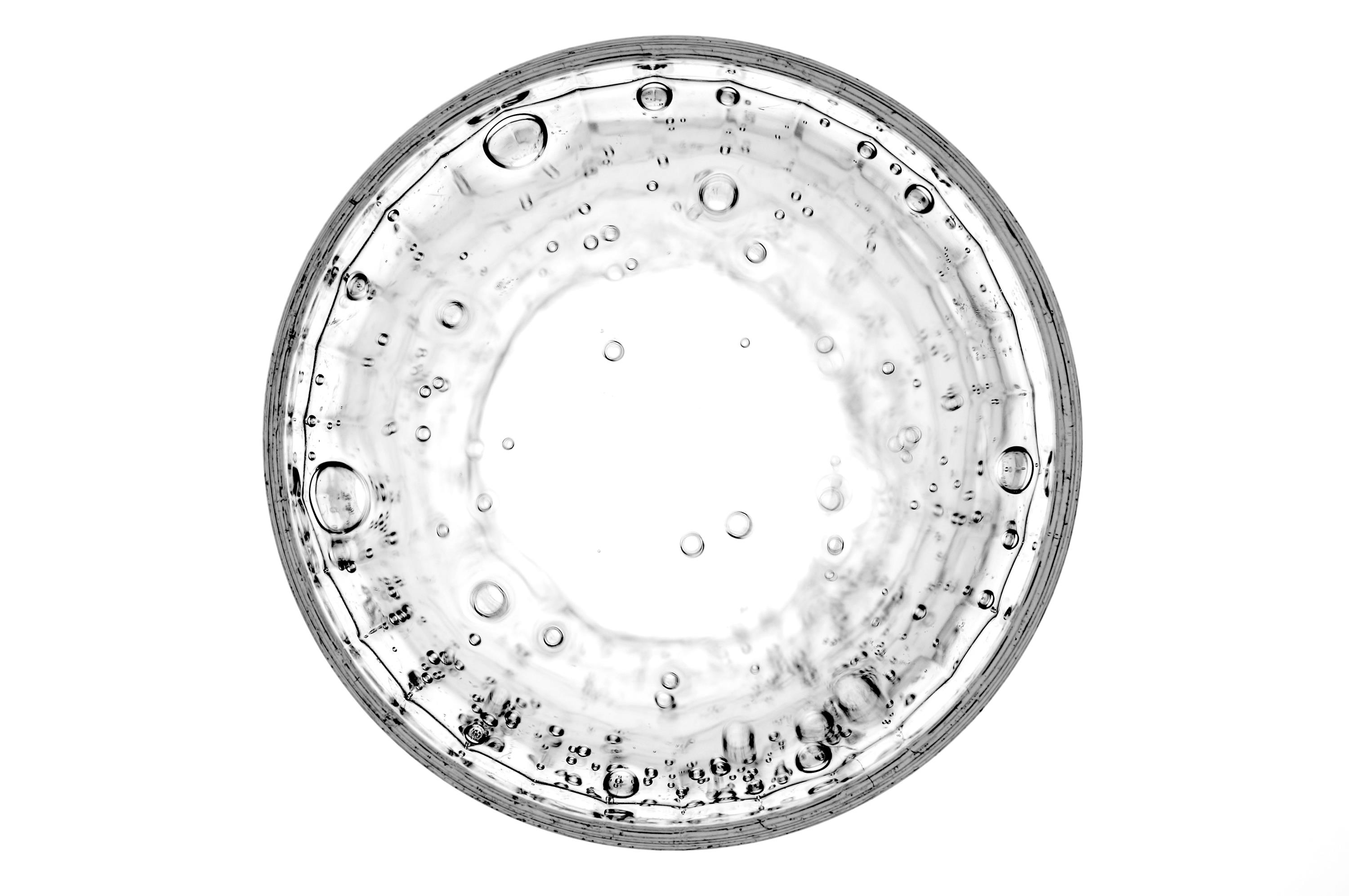
Okay, so I was reading the other day and came across an article about the dirtiest things we all touch every day. I’m not a germaphobe at all, but it did get me thinking.
Turns out, some of the most “dirty” items are not the ones you think of. Read on
Based on an article by Markham Heid
The hand-towel hanging next to your bathroom sink. “Bacteria like to grow in wet, moist conditions,” Gerba, a professor of microbiology at the University of Arizona, explains. Towels are made to absorb water, which is great for drying your skin, but not so great when it comes to discouraging bacterial incubation. “Most people don’t wash their hands properly,” he says. So, when you grab that towel, you’re rubbing bacteria into an ideal growing environment—and one few people bother to wash more than once every week or two. You should be washing all towels—including the one you grab after showering—after two days of use, he says.
Another bathroom reservoir of germs is your toothbrush holder. “People never clean them,” Gerba says. A 2011 report from the public health organization NSF International found 27% of toothbrush holders were home to Coliform bacteria—a sickness-causing family of microorganism that includes Salmonella and E. coli.
In the kitchen, your trusty sink sponge is health enemy number one. In fact, that sponge is likely the dirtiest item in your home, Gerba says. “It’s probably home to hundreds of millions of bacteria,” he says. NSF agrees. Its researchers found that 75% of home dish sponges and rags contained Coliform.
You want a kitchen cleaning tool you can throw into the dishwasher to disinfect—like a brush, Gerba says. The same goes for cutting boards. “Most people just rinse or wipe them off,” he says. But only a run through the dishwasher—or a good scrub with dish soap—will get it clean.
When it comes to the items you touch most, Gerba says your cell phone is a big bacteria haven. Studies have found that one in six phones is contaminated with fecal matter, even though a simple swab with a disinfectant wipe is enough to clear away that icky residue.
Finally, when you’re out of your home, watch out for supermarket carts. “Almost 100% of them are home to E. coli because people are constantly touching the handles after holding raw food products,” Gerba explains. He says reusable grocery bags are also nasty—again, because people rarely wash them.
While dozens of other everyday items could make this list—shoelaces, purses, car keys, keyboards, etc.—don’t run out and buy a lot of chemical-ridden cleaners. For one thing, many of them don’t work. For another, many contain substances that are linked to cancer and other health concerns.
Instead, worry about disinfecting your hands when you leave a public space. Gerba says most people pick up dangerous germs when they’re away from home. By simply rubbing on a hand sanitizer or washing your hands the moment you walk into the house, you’d probably cut your odds of catching something in half, he says.
So maybe its time to clean up our act!